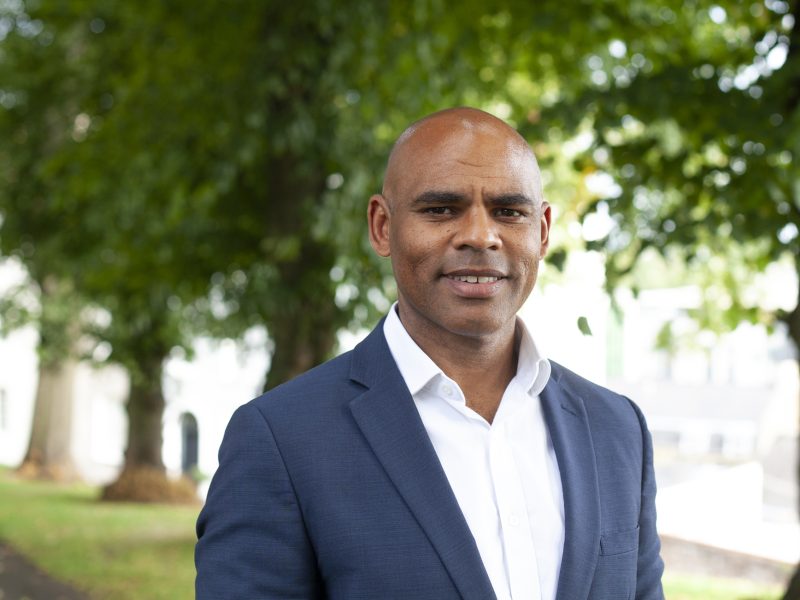Bristol’s transport challenges require bold action. Big ideas. We need to continue to transform the way that Bristolians can move around our city, by giving people an affordable, reliable alternative to their cars.
Portway Park & Ride, Bristol’s first new railway station in almost a century, opened recently. We’re already on site at Ashley Down station and pushing forward new stations at Henbury, Filton North, Ashton Gate, and St Annes.
This major investment in rail is important, not least as we continue to tackle the climate crisis. But, compared to similarly sized cities, all those stations opening would still fall short of what Bristolians need and deserve: a mass transit system fully segregated from other modes of transport to ensure its reliability.
As two fully published feasibility studies set out, this is both deliverable and affordable in Bristol. As with all modern, major projects, this would require a mix of funding sources including from national government. But the productivity pay offs would be enormous, and the system would be profitable for operators and investors. There has been some sensationalist coverage of a flawed, leaked report that suggests that the cost of a mass transit system for our city region is £19 billion. In reality, a properly costed plan, where underground is only used in densely populated areas suggests more like £7 billion.
When we looked at investing in a mass transit scheme, we identified one potential income stream as a Workplace Parking Levy. This would essentially serve as a surcharge on all drivers parking centrally while they’re at work. It has existed in Nottingham since 2011/12, where the money goes into their tram system (delivered at a time when Bristol could have had one too, had local leaders not fallen out in our region around the millennium).
Some politicians continue to put the cart before the horse, just as they did when they called for the whole city to be covered by a charging Clean Air Zone before our administration had secured tens of millions of pounds of support for people. They were wrong then and they are wrong now.
With high inflation during a national cost of living crisis, now is not the time to create more costs for people. Others will say that today is an ideal moment to hit teachers, nurses, and other Bristolians parking at schools, hospitals, and other workplaces in central Bristol for hundreds of pounds,. They are wrong. Bristol has, in recent years, like the rest of the world, seen major changes in working patterns during and following the pandemic. These patterns will also have been impacted by the introduction of the Clean Air Zone, for which our administration recently secured another £11 million to help people and businesses to upgrade to compliant vehicles.
A study was done into the idea of a Workplace Parking Levy, which is lacking any modelling incorporating those major factors for its potential effectiveness. The council considers it, therefore, to be just a draft – a position endorsed by the Information Commissioner when we declined to publish it while it is still yet to be completed. This position has unfortunately since been overturned on a technical argument of law and so we are today publishing that draft report. It remains incomplete and, with the current stalling of the funding and ambition to take a mass transit system forward, we have no plans to introduce this charge.


